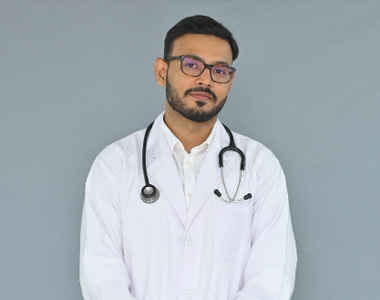
Doctor

Doctor

The Department of General Medicine is a fundamental and essential unit within a hospital that focuses on the diagnosis, management, and non-surgical treatment of a wide variety of medical conditions affecting adults. It is often referred to as the "front line" of medical care, as general medicine physicians, also known as internists or general practitioners, are typically the first point of contact for patients seeking medical attention.
Key features of the Department of General Medicine include:
1. Comprehensive Medical Care: The department provides comprehensive medical care for a diverse range of health issues, including common illnesses, chronic diseases, and complex medical conditions.
2. Diagnosis and Treatment: General medicine physicians are skilled in diagnosing medical conditions through physical examinations, medical history evaluation, and diagnostic tests. They then develop treatment plans, which may involve medications, lifestyle changes, or referrals to specialized departments if necessary.
3. Multidisciplinary Collaboration: General medicine physicians collaborate with various medical specialties to ensure integrated and holistic patient care, especially for patients with complex or multiple health conditions.
4. Preventive Care: The department emphasizes preventive medicine, focusing on health promotion, disease prevention, and regular health check-ups to detect potential health risks early.
5. Emergency Care: General medicine physicians are also trained to handle medical emergencies, stabilize patients, and make timely decisions regarding further care or referrals to other departments.
6. Chronic Disease Management: The department plays a key role in managing chronic diseases like diabetes, hypertension, heart disease, and respiratory conditions, helping patients maintain their health and prevent complications.
7. Patient Education: General medicine physicians educate patients about their health conditions, treatment options, and lifestyle modifications to empower them to actively participate in their healthcare.
8. Continuity of Care: The department ensures continuity of care by providing ongoing medical management for patients, coordinating with other specialties, and facilitating hospital admissions or discharges when required.
9. Medical Consultations: General medicine physicians may be consulted by other hospital departments for their expertise in diagnosing and managing complex medical cases.
The Department of General Medicine is a cornerstone of any hospital's medical services, catering to a wide range of medical needs and playing a vital role in promoting the overall health and well-being of adult patients.